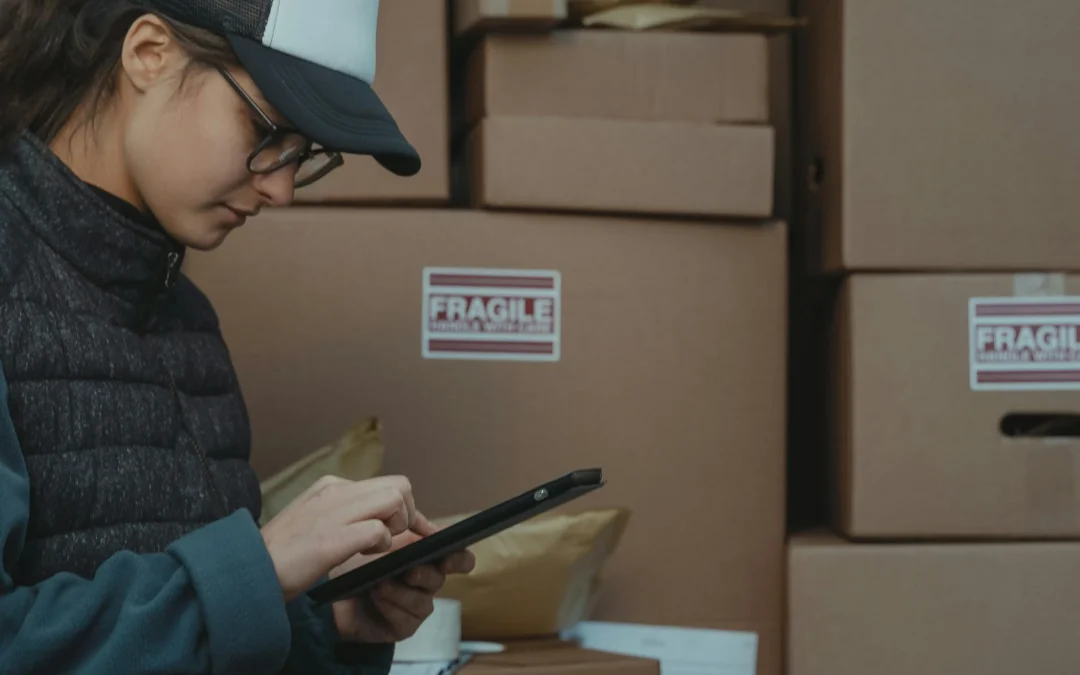Introduction to Importer of Record (IOR)
In the intricate world of international trade, the role of the IOR Importer of Record is often shrouded in mystery. As a seasoned professional in the logistics industry, I understand the significance of this crucial entity and its impact on cross-border transactions. The IOR is legally responsible for ensuring compliance with all import regulations, customs duties, and taxes associated with goods entering a country.
The IOR serves as the primary point of contact for customs authorities, shouldering the burden of accurate documentation, proper classification, and timely payment of duties and taxes. This pivotal role demands a deep understanding of complex trade regulations and a commitment to meticulous record-keeping.
Read More About IOR Meaning
Who is the Importer of Record (IOR)?
The role of IOR can be filled by various individuals or entities, including:
1. Business Owners
Entrepreneurs and business owners often act as their own IOR when importing goods for their operations. This is common among small businesses that manage their imports directly.
2. Customs Brokers
Licensed customs brokers are frequently appointed as the IOR by businesses. They possess the expertise to navigate complex regulations and ensure compliance, making them invaluable partners in the import process.
3. Logistics Managers
In larger organizations, logistics managers may assume the IOR role. They oversee the importation process, coordinate with customs brokers, and ensure that all regulatory requirements are met.
4. Import Managers
Some companies have dedicated import managers who specialize in overseeing import activities. These professionals focus on maintaining compliance and streamlining the import process.
5. Third-party Agents
Businesses may hire third-party agents to handle importation. These agents can assume the IOR responsibilities on behalf of their clients, managing documentation and compliance as part of their services.
Importance of the IOR in Global Trade
The role of the IOR Importer of Record is crucial in the global supply chain. Effective management of IOR responsibilities ensures that goods move smoothly across borders, minimizing delays and avoiding costly penalties. Additionally, a knowledgeable IOR can enhance a company’s reputation by demonstrating compliance and reliability to customers and regulatory authorities.
How to Become an Importer of Record
Becoming an Importer of Record requires meeting specific criteria and following established procedures. Here are the typical steps involved:
- Obtain a Business License: Depending on your location and the nature of your business, you may need to obtain a valid business license or registration to operate as an importer.
- Secure Necessary Permits and Registrations: Many countries require importers to obtain specific permits or registrations, such as an Importer of Record Number (IOR Number) or a Customs Bond, before engaging in import activities.
- Establish a Presence in the Destination Country: In some cases, you may need to have a physical presence or a legal entity established in the destination country to act as the Importer of Record.
- Understand Customs Regulations: Gain a comprehensive understanding of the customs regulations, tariff schedules, and import requirements specific to the destination country and the goods you plan to import.
- Maintain Accurate Records: Implement robust record-keeping practices to ensure compliance with all documentation and reporting requirements for imported goods.
Choosing the right IOR service provider
With the increasing complexity of international trade regulations and the potential risks associated with non-compliance, selecting the right IOR service provider is crucial. Here are some key factors to consider when choosing an IOR service provider:
- Experience and Expertise: Look for a provider with extensive experience in handling import activities for your specific industry and destination countries. Their in-depth knowledge of customs regulations, tariff schedules, and import requirements can help ensure compliance and minimize potential risks.
- Geographic Coverage: If your business operates across multiple countries or regions, choose an IOR service provider with a global network and presence in the markets where you import goods. This will ensure consistent service and a deep understanding of local regulations.
- Compliance and Risk Management: Evaluate the provider’s compliance programs, risk management strategies, and track record in handling complex import situations. A robust compliance framework can help mitigate potential risks and protect your business from legal and financial liabilities.
- Technology and Integration: Consider providers that leverage advanced technology and offer seamless integration with your existing supply chain systems. This can streamline processes, improve visibility, and enhance overall operational efficiency.
- Reputation and Certifications: Research the provider’s reputation in the industry, read client testimonials, and look for relevant certifications or accreditations that demonstrate their commitment to quality and compliance.
- Customer Service and Support: Evaluate the provider’s customer service and support capabilities, including their responsiveness, communication channels, and ability to provide timely assistance.
- Pricing and Value-Added Services: While cost is an important factor, consider the overall value proposition, including any value-added services or cost optimization strategies offered by the IOR service provider.
Conclusion: Understanding the importance of the Importer of Record
IIn the intricate tapestry of international trade, the IOR Importer of Record is a pivotal figure, shouldering legal responsibilities and ensuring compliance with many regulations. From accurate documentation and classification to timely duty and tax payments, the IOR is crucial in facilitating the smooth flow of goods across borders.
As businesses navigate the complexities of global supply chains, the importance of the IOR cannot be overstated. By assuming this critical role, the IOR mitigates risks, optimizes costs, and enables efficient trade operations. Whether acting as the IOR themselves or partnering with professional IOR service providers, businesses must prioritize compliance and leverage the expertise of these essential trade facilitators.
In an increasingly interconnected world where trade barriers constantly evolve, the Importer of Record remains a cornerstone of international commerce. It ensures that goods can move freely while adhering to the intricate web of regulations that govern cross-border transactions.
Read more about The ABCs of Importers of Record

